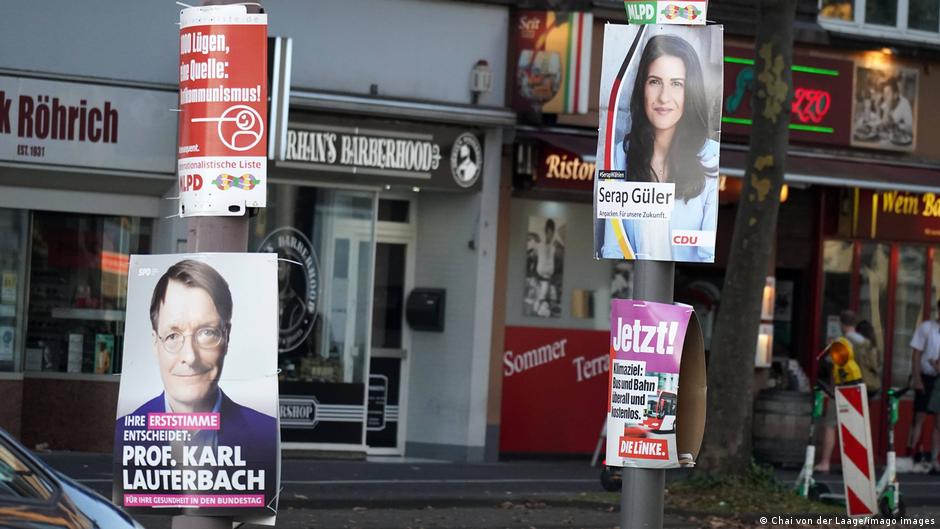Not enough migrants in German politics

"What's your Heimat?" (home country), W. Michael Blumenthal, the founding director of the Jewish Museum Berlin, was asked in 2014, the year of his farewell from Germany.
Blumenthal was born in 1925 in Oranienburg, near Berlin, and grew up in the capital, before being forced to flee with his parents in 1939. The family survived the war in Shanghai, China, before settling in the United States.
Blumenthal answered without hesitation at the time: "My home is the U.S." No surprise there. Blumenthal is a former U.S. Treasury secretary who worked in Jimmy Carter's administration exactly 30 years after he first set foot on American soil in San Francisco as a 21-year-old stateless refugee with $200 in his pocket and little formal education. At his farewell event in Berlin, Blumenthal also highlighted the similarities between the German capital and New York – a reference to the colourful and multicultural nature of both cities. He was undoubtedly right.
An election campaign short on diversity
But what about the state of politics in Germany? Is it also as colourful and multicultural as the streets of Berlin? And can a migrant or refugee hold a political office here?
[embed:render:embedded:node:19078]
In principle, yes, although it has only happened once before. And at that time – not even 10 years ago – there was a serious debate in Germany about whether the "Asian" appearance of Economics Minister and Vice Chancellor Philipp Roesler was compatible with his position. Roesler, of all people, who came to Germany from Vietnam when he was nine months old, grew up with German adoptive parents and is thoroughly socialised here. And why should a politician's appearance and origin play any role at all in his or her political career?
Germany goes to the polls on Sunday to elect a new Bundestag (parliament). We can be proud of the fact that German democracy has been stable for 72 years. And yet we should ask ourselves whether the Bundestag is still fulfilling its mandate as defined by the Basic Law. Are the members of parliament really "representatives of everyone"?
Those with a migration background would beg to differ. Only 58 of the 709 members of the current Bundestag have a migrant history – a share of just under 8%. And the situation is unlikely to get much better in the new Bundestag. Walk down any street in Germany – even in multicultural Berlin – and most of the candidates on the election posters are white.
Migrants are more than just spectators
The Federal Republic of Germany's migration history began just a few years after its founding in 1949. After the first guest workers treaty with Italy was signed in 1955, people flocked there to start a new life – not just as guest workers. Since the 1950s, nearly 6 million people have sought protection and asylum in the country. Many of them found not only temporary safety and security, but a permanent new beginning.
Just as Blumenthal found his home in the U.S., most of these people now call Germany their home, politically, socially and culturally. Why should they be content to watch the political events in their country as mere spectators? They and their descendants are more than qualified to hold a political office.
The current make-up of parliament does not reflect the society we live in today, where every fourth person has a migrant background. If the next Bundestag looks anything like this one, the question of how migrants will be represented in German politics in future needs to be addressed urgently.
Germany still has work to do if it really wants to live up to President Frank-Walter Steinmeier's recent claim: "We are a country with a migrant background."
Maissun Melhem
© Deutsche Welle 2021
